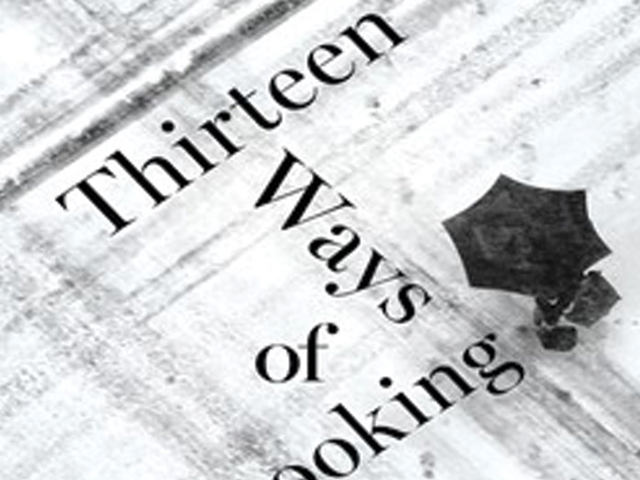I still remember the first time I took notice of actor Emory Cohen onscreen. In the Derek Cianfrance film The Place Beyond the Pines, he played the pampered son of Bradley Cooper’s reluctant cop-turned-hero.
Cohen’s role wasn’t intended to be a game-changer or even a marquee feature in his segment of the overall story, but something about the swagger he brought to his character’s situation — the idea that this entitled kid longed for street cred moreso than the respect and love of his distracted father — drew me in. There was reckless danger pumping in his veins, the kind we used to see in onscreen rebels like James Dean and Marlon Brando. I just knew we would see him again, and I hoped he wouldn’t end up typecast as a modern-day throwback to those kinds of tough guys, because more than likely the tenderness and vulnerability Dean and Brando invested in their performances would be removed, leaving only the hollow shell.
So imagine my surprise when Cohen sauntered into Brooklyn, director John Crowley and screenwriter Nick Hornby’s adaptation of Colm Tóibín’s novel about an Irish immigrant (played by Saoirse Ronan) in the 1950s torn between the siren call of home and family on one hand and the allure of the new life she has established in the States, including a budding relationship. Cohen’s Tony, the American beau, is a young sweet-natured Italian-American full of promise, which, in combination with his rough façade, seemed like the perfect mix for this leading man in the making.
During round-table interviews at the Toronto International Film Festival, Cohen good-naturedly answered questions about his method-based approach to acting and his willingness to accept challenges in these very early days in what will likely be a long career.
Right off the bat, he addressed how Crowley forced him to change his starting point for building his character. “I always start with the character’s pain and fears,” Cohen said in response to being asked about working from a place of joy. “We all knew that I could do that. I needed to work more on his openness and his light. I started our phone conversations (in prep) with his fears, in terms of my process. So (Crowley) encouraged me to come from a place of joy. It was about finding my own capacity for openness and empathy towards that. And I think I’m a better actor for it.”
He definitely is better for it, but he’s in a position to use this as the next step in his transition into leading-man status because he appreciates the effort necessary to get there.“We talked a lot about On the Waterfront and the Bicycle Thieves, which were two films I watched (during prep),” Cohen said, “but I actually watched The Notebook, too.”
And as soon as that film title slipped from his lips, he laughed, opening things up for the hardened journalists around the table to chuckle as well. He’s undoubtedly a tough guy, but not unwilling or unable to laugh at himself and the process of being an actor.
“I was thinking about that,” Cohen continued. “I was thinking a lot about grace and how those old movie stars — how they moved with such a physical grace. You know, like a Jimmy Stewart-type. I figured I hoped I could put something together like that.”
Cohen continued poking fun at himself and the larger industry, especially as it relates to the creation of broader behind-the-scenes narratives. It is very easy for these kinds of interviews to morph into psychoanalytical sessions on the proverbial couch, with us asking about the parallels between performers and their characters. We’re fishing and everyone involved knows it. Which is why it was refreshing to have Cohen literally stop and point out how ridiculous things were. Again, he did it with a smile (that could have easily turned into a vicious smirk), before returning to the question and giving us a better answer than we deserved.
“I don’t know how to explain vulnerability, but whenever you have to play a character who’s vulnerable, you expose yourself,” Cohen said. “And you just have to go into it, to be … that way, and hope there’s some good stuff underneath.”
There is a world of good in Emory Cohen, waiting to be tapped.
BROOKLYN opens in area theaters next week.






